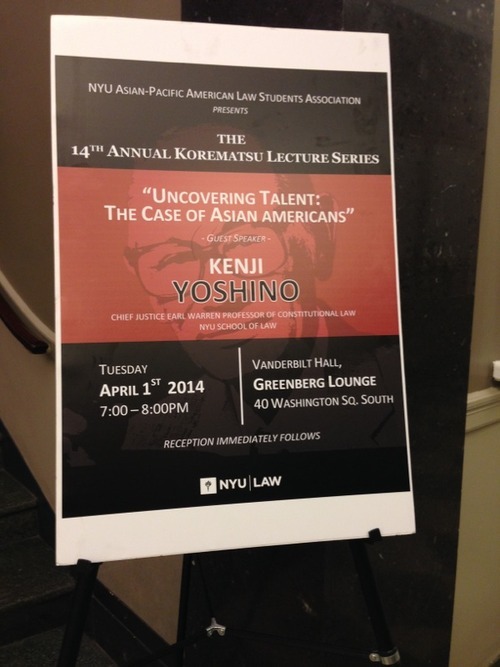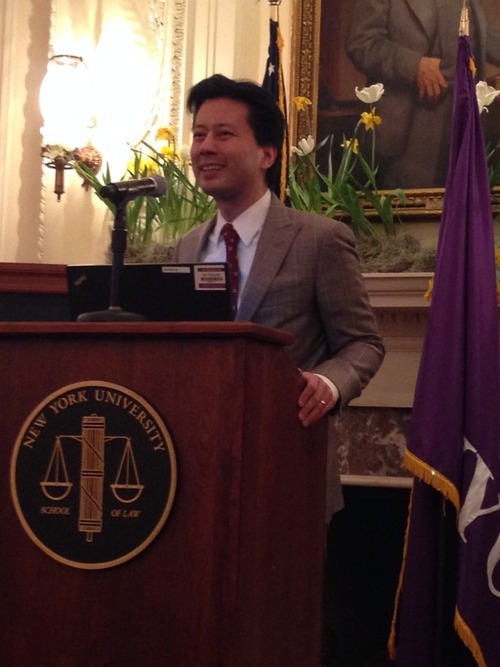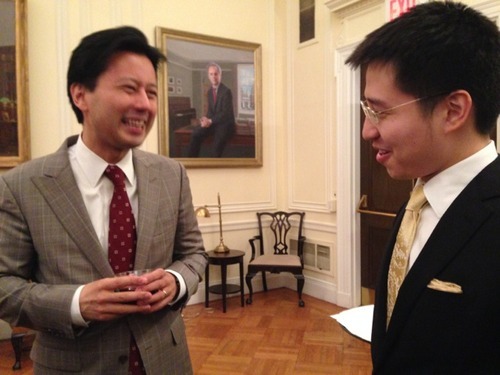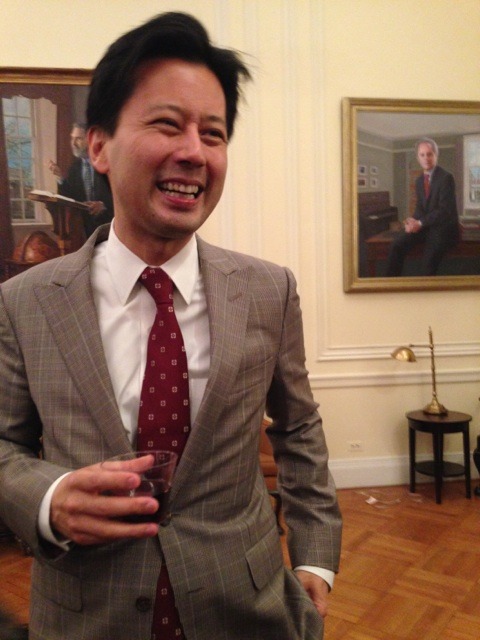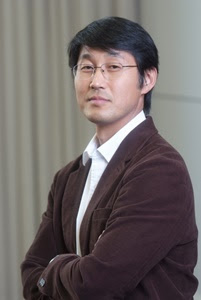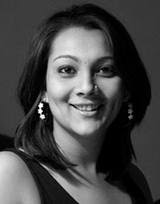The Asian American Law Journal at Berkeley Law is now accepting submissions for its 2023-2024 volume!
The Asian American Law Journal at Berkeley Law invites AABANY members to submit an article, essay, book review, transcript of a previous lecture, or other contribution on civil rights, immigrant rights, or any other area of their interest relating to Asian Americans and the law.
What is the Asian American Law Journal (AALJ)? AALJ is one of only two law journals in the United States focused on Asian American communities. Since 1993, we have provided a scholarly forum for the exploration of unique legal concerns of Asian Americans, including but not limited to the East Asian, South Asian, Southeast Asian, Native Hawaiian, and Pacific Islander communities. Each annual volume typically contains articles, book reviews, essays, and other contributions from scholars, practitioners, and students.
What topics and issues does AALJ feature? We welcome commentary, analysis, and research on the diverse experiences of Asian Americans, particularly at the intersections of gender, class, sexual orientation, religion, and race. For example, our recent publications have explored the effects of racial stereotypes on Asian American women, reparations for Asian Americans in California, and the impact of Supreme Court decisions on citizenship. We especially welcome scholarship on timely issues such as critical race theory, recent judicial opinions impacting Asian American communities, and Asian Americans’ roles in advocating for racial justice and BIPOC solidarity.
Is there a specific format or word limit? We recognize that the format of traditional law review articles may limit the ability to capture the ways in which the law intersects with lived experience beyond legal doctrine and formal analysis. Therefore, in addition to academic articles, we also welcome essays and other written formats that explore the unique legal concerns of Asian American communities. Consider our archives for references. (Recently, we have enjoyed Professor Carlos Hiraldo’s Arroz Frito with Salsa: Asian Latinos and the Future of the United States, Professor Mari Matsuda’s Planet Asian America, and Professor Robert Chang’s article, AALJ’s inaugural piece, Toward an Asian American Legal Scholarship.)
Is there a deadline? Yes, all submissions are due on Monday, August 21th, 2023, though we make publication offers on a rolling basis. Please send your submissions via email to aalj-submissions@berkeley.edu or through Scholastica.
What does the publication process look like? Over the course of the 2023-2024 academic year, our journal team will work with you to provide substantive feedback, in addition to cite-checking and formatting your article.
What if I have more questions? Please send us an email! We would love to connect.
I don’t have anything to submit, but I know someone who might. What can I do? For those in the position to do so, we would appreciate you forwarding this note to your departments, teams, and friends or colleagues who may be interested in publishing with AALJ.
Thank you for your time, and we look forward to working with you!
Natasha Suterwala and Eva Gu
Submissions Editors
Asian American Law Journal
University of California, Berkeley, School of Law



